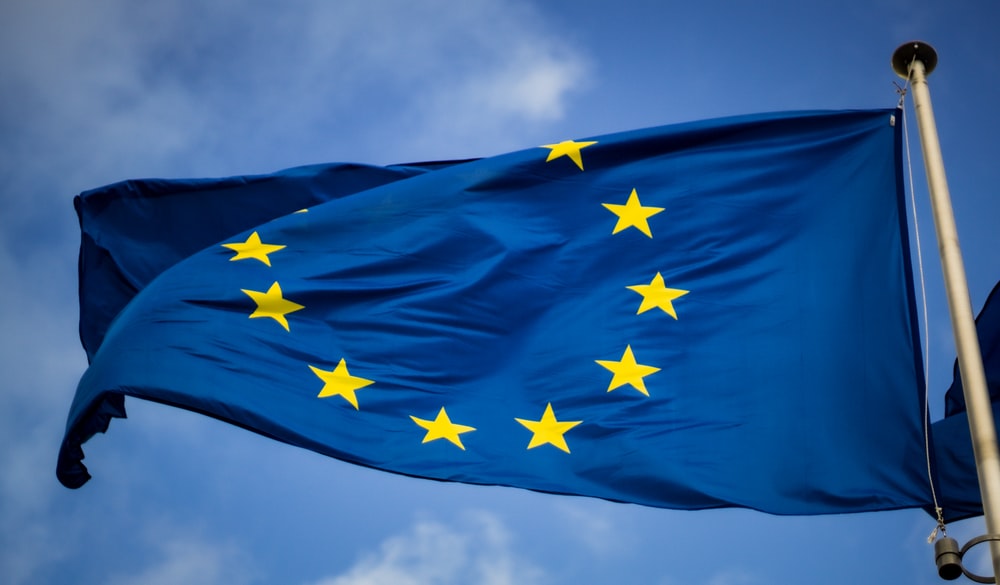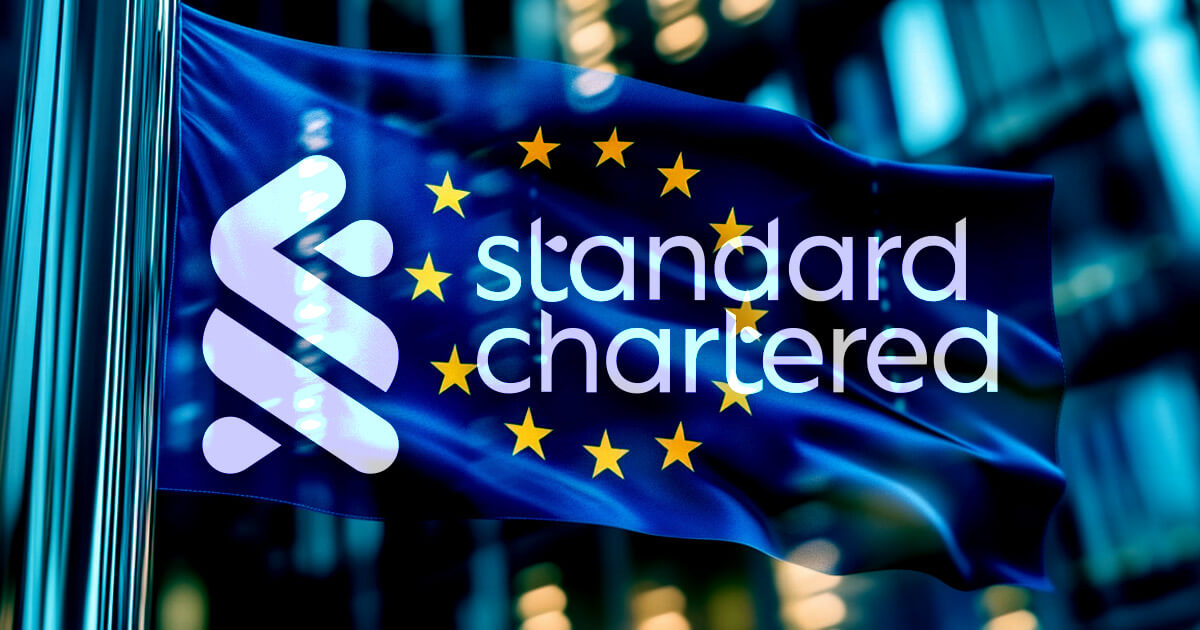The European Union (EU) has officially enacted the Markets in Crypto-Assets (MiCA) bill into law after receiving final approval from finance ministers. The landmark legislation makes the bloc the first major jurisdiction in the world with a crypto licensing regime and a comprehensive package of rules aimed at regulating the cryptocurrency industry.

The signing ceremony took place on May 31, with the participation of Sweden’s minister for rural affairs, Peter Kullgren, and European Parliament President Roberta Metsola. Later during the day, ministers further signed an agreement on implementing new measures that would compel cryptocurrency providers to reveal information about their customers’ holdings to tax authorities. This information will be shared among the member states of the European Union, aiming to prevent the hiding of funds in secret overseas wallets.
This milestone comes approximately three years after the introduction of the cryptocurrency regulatory framework by the European Commission. Throughout the legislative process, the MiCA framework underwent discussions and deliberations among EU lawmakers, with different aspects of the bill being debated and reviewed by various bodies. After undergoing rigorous scrutiny and revisions, the framework has finally attained the necessary consensus and received final approval in 2023.
Earlier in April, lawmakers in the European Parliament gave their seal of approval to an unprecedented set of regulations designed to govern the cryptocurrency industry. An momentous vote took place, resulting in 517 members of the EU Parliament voting in favor of MiCA, while only 38 voted against it. This historic legislation aims to safeguard consumers by mitigating risks associated with purchasing crypto assets, holding providers accountable for any potential loss of investors’ crypto-assets.
During the debate preceding the vote, lawmakers discussed the requirement for crypto wallet providers and exchanges to obtain a license to operate across the European Union.
Under the approved MiCA regulation, platforms operating in the European Union will have an obligation to provide consumers with clear and comprehensive information about the risks associated with their services.
Meanwhile, stablecoin issuers will be required to maintain sufficient reserves to back their stablecoins and ensure they can meet redemption requests in the event of mass withdrawals. Additionally, if a stablecoin reaches a significant size, it may be subject to further restrictions. Specifically, stablecoins that exceed a certain threshold may be limited to conducting transactions of up to 200 million euros ($220 million) per day. This limitation is likely implemented to address concerns related to financial stability and systemic risk.
Credit: Source link















































